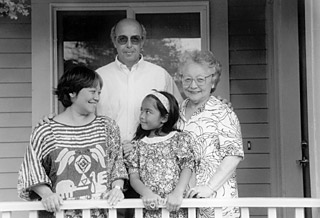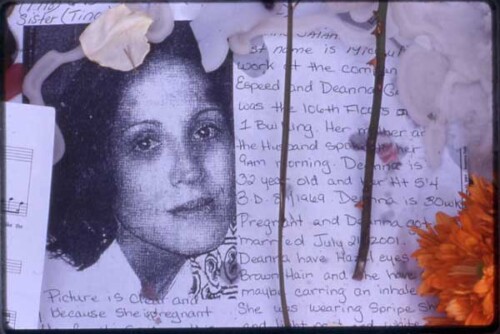October 8, 2002
Panel discussion with Michelle Fine,
María Elena Torre, and Jan Warren
Listen to the panel discussion:
In 1994, over 350 college programs in prisons were shut down throughout the nation. Once President Clinton signed the Violent Crime Control and Law Enforcement Act into law, persons convicted of felonies were no longer eligible for Pell Grants, the federal tuition assistance program for low-income individuals. New York State, like most other states, soon withdrew financial aid for college in prisons. Despite these losses, Bedford Hills Correctional Facility (BHCF), a maximum security prison for women located in Westchester County, New York State, reestablished college in prison through a consortium of private colleges and universities, which Barnard College has joined and is proud to support.
This panel discussion features Michelle Fine and María Elena Torre, two authors who contributed to a collaborative study conducted by the Graduate Center at CUNY and the women in prison at BHCF, which analyzes the impact of college on women inside prison. It also features Jan Warren, who participated in the Bedford Hills program. Together they all present the compelling evidence that an investment in higher education is the most effective way to reduce reincarceration and crime rates, lessen the taxpayers’ burdens, make prisons safer and more manageable, and create better transitions for convicted felons to become productive and valued members of the community. Since leaving Bedford Hills, Jan Warren has become an advocate for women in prison and for more effective transitions from prison to society. Her stories, in conjunction with the studies done by Michelle Fine and María Elena Torre, show the import of public support for education in prison and reveal an alternative to imprisonment as a means of dealing with social problems.




